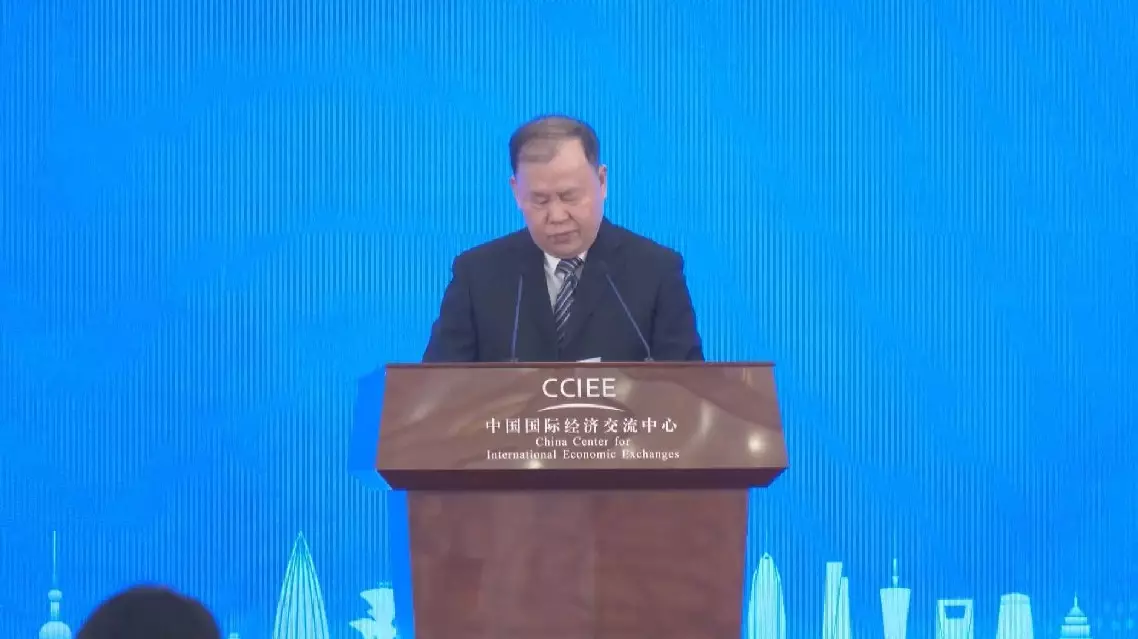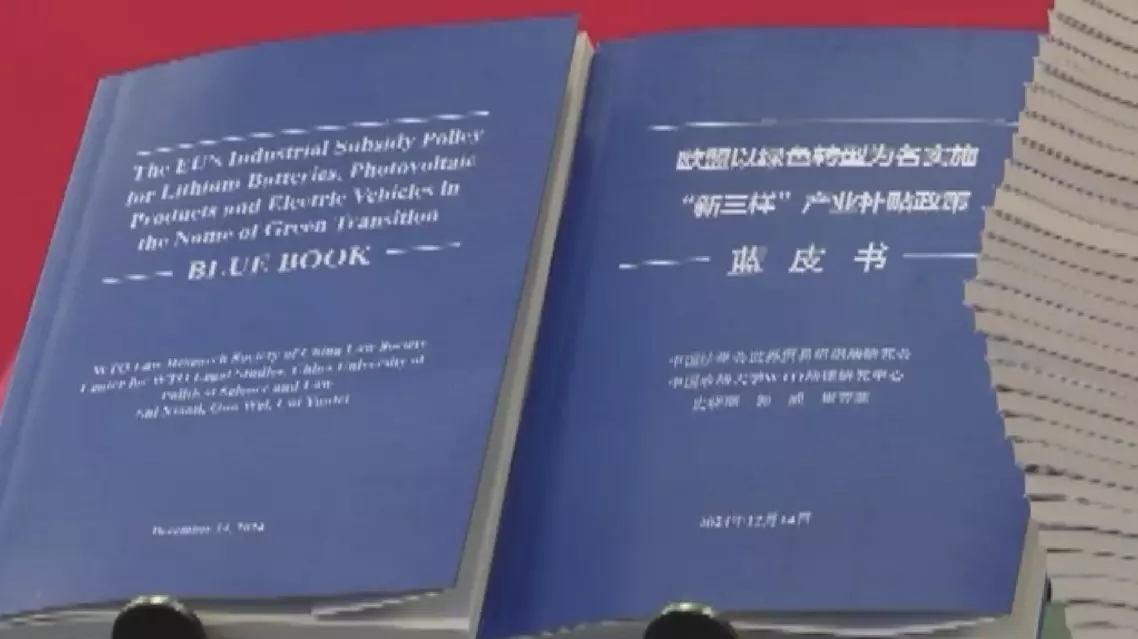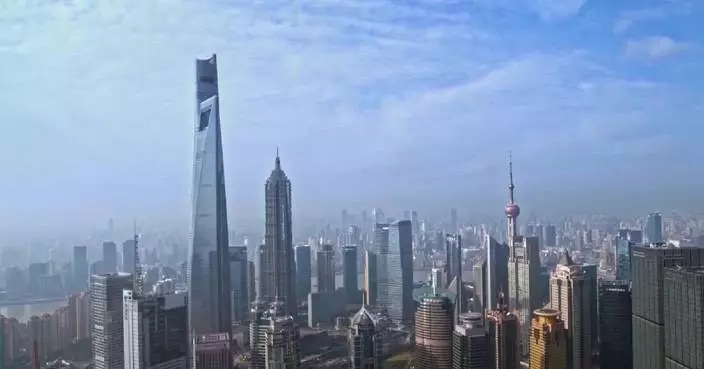China will adopt a forward-looking vision and accelerate the establishment of a new development model in real estate industry, providing safe and comfortable, green and smart houses for its people, according to a senior official.
At the China Economics Annual Conference held in Beijing on Saturday, Dong Jianguo, vice minister of housing and urban-rural development, said the real estate industry will focus on high-quality development instead of just pursuing rapid growth. Enterprises will be encouraged to improve the quality of their projects to provide safe and comfortable, green and smart houses and better meet people's demands for high-quality homes.
Dong also said efforts will be made in improving the supply-demand system to ensure people’s essential need for a home to live in and their different demands for better housing. The government will also support the development of rental housing market, according to the vice minister.
"We will reform and improve the sales system for commercial housing, actively promote the sales of completed apartments. Regarding pre-sales, we will optimize supervision of pre-sale funds to prevent any new delivery risks. We will establish a comprehensive safety management system for residential buildings throughout their lifecycle, to promptly identify potential safety hazards. Our goal is to ensure that housing lifecycle safety management is valid and guaranteed," said Dong.

China pledges new development model for real estate industry: official
EU is employing double standards in its electric vehicle (EV) policies, unfairly targeting Chinese EV imports with tariffs and subsidies, according to experts at the 17th Forum on WTO Laws and China opened in Guangzhou City of south China's Guangdong Province on Saturday.
One of the highlights was the release of a blue book titled "The EU's Industrial Subsidy Policy for Lithium Batteries, PV Products and Electric Vehicles in the Name of Green Transition", which claims that while continuing to impose anti-subsidy tariffs on imported Chinese electric cars, the EU is subsidizing domestic EVs, lithium batteries and photovoltaic products.
Shi Xiaoli, the book's lead researcher, claimed that while the EU restricts state aid that might cause market distortions, numerous exemptions still exist, which ultimately allows subsidies across these three sectors.
"For example, one of the exemptions is that even if a subsidy in a certain country distorts the EU market, even significantly, if it still aligns with the EU's long-term common interests, it can remain. The scope of European common interest projects is continuously expanding, and it includes these three industries," said Shi Xiaoli, Director, WTO Law Research Center.
The book reveals that EU member states heavily subsidize electric vehicles, with substantial support covering the entire industrial chain.
At the same time, the EU has recently introduced new tariffs of up to 35 percent on imported Chinese EVs. That's in addition to the existing 10 percent duty, which some experts deemed as counterproductive.
"We believe this policy is discriminatory. The EU acknowledges that Chinese electric vehicles have caused no harm to its EV sector. The EU's trade protectionist measures are in fact more detrimental to itself. While it may protect its market in the short term, once these measures are lifted, its technology and other aspects may fall even further behind," said Sun Xiaohong, secretary-general of the China Chamber of Commerce for Import and Export of Machinery and Electronic Products (CCCME).
A lawyer at the event argued that the EU's actions are not typical trade measures, but an attempt to curb China's EV sector growth.
"Subsidies for emerging industries exist in every country, including the United States and the European Union. Also, this time the European Commission initiated the case on its own authority, marking the first use of a special legal rule in the anti-subsidy investigation against Chinese export enterprises," said Pu Lingchen, Partner, Chance Bridge Law Firm.
The EU has given itself quite the ambitious goal - starting in 2035 all new cars sold will be emissions free.
Those involved in crafting of the blue book believed that EVs will be crucial in achieving this target. But they have also said that if Chinese imported EVs come with a higher price tag, then the EU's ambitious plan will certainly face difficulties.

Chinese think tank criticizes EU's double standards on electric vehicles










